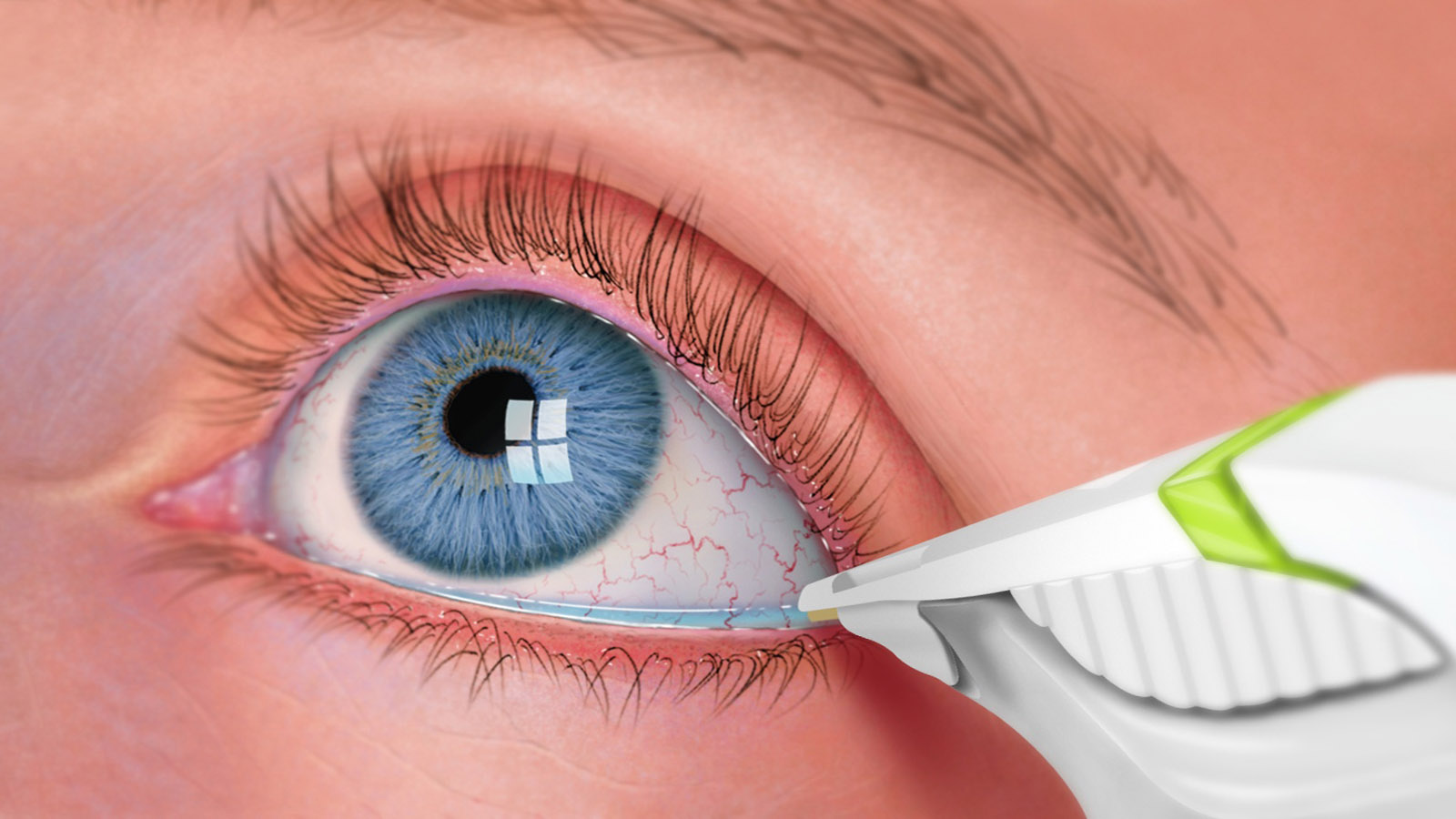Expert Neurologist Andalusia: Comprehensive Mind Health Providers
Expert Neurologist Andalusia: Comprehensive Mind Health Providers
Blog Article
Is Refractive Surgery Right for You? Factors to Consider for Better Eyecare
In the realm of eye treatment, the choice to undertake refractive surgical treatment is a substantial one that requires thoughtful factor to consider. As individuals look for clearness and freedom from the restrictions of rehabilitative lenses, numerous variables enter into play when identifying the viability of such a procedure. From the details of one's ocular wellness to the ins and outs of personal assumptions and daily practices, each aspect holds relevance in the wider landscape of refractive surgical treatment candidacy. By evaluating these crucial elements with care and accuracy, a more clear path towards informed decision-making arises.
Eye Wellness Examination
When taking into consideration refractive surgical treatment, a comprehensive eye health analysis is critical to evaluate the suitability of the treatment for every individual. eye doctors in andalusia. This examination includes a collection of assessments and tests performed by an eye treatment specialist to figure out the total health of the eyes, the visibility of any type of underlying conditions, and the security of the refractive mistake
During the examination, various variables are considered, such as the individual's clinical history, current eye prescription, corneal density, pupil size, and tear movie top quality. These evaluations assist to identify any type of contraindications to refractive surgical treatment, such as corneal problems, cataracts, or without treatment eye infections. Additionally, the evaluation helps to take care of patient assumptions regarding the potential outcomes of the surgical treatment based upon their unique eye features.
Ultimately, the eye health analysis is essential in making certain the security and performance of refractive surgical procedure, as it supplies important understandings into the person's eye health condition and helps figure out the most suitable treatment choices for attaining optimum aesthetic results. (cardiologist andalusia)
Way Of Life Assessment
A complete way of living evaluation is indispensable in establishing the viability of refractive surgical treatment for a person's visual improvement needs. Lifestyle elements such as occupation, hobbies, and day-to-day tasks play an important function in the decision-making procedure regarding refractive surgical procedure. As an example, people with professions that involve a high degree of exercise or direct exposure to environmental aspects may have various aesthetic requirements compared to those with sedentary desk work. Comprehending just how a person's way of life may influence their vision post-surgery is crucial for taking care of expectations and ensuring ideal outcomes.
Additionally, way of living routines such as sporting activities involvement, outside tasks, or perhaps skin care regimens can affect the recovery procedure and overall success of refractive surgery. Individuals that involve in call sporting activities might require to take additional precautions to safeguard their eyes during the recuperation period. Furthermore, people with considerable sunlight direct exposure may call for added post-operative care to avoid problems. By carrying out an extensive way of living evaluation, eye care professionals can tailor their recommendations and treatment plans to satisfy the special requirements of each individual, eventually causing enhanced aesthetic end results and contentment.
Expectation Placement

Clients require to understand that while many people attain 20/20 vision or far better complying with refractive surgery, some may still require glasses for specific activities like analysis or driving at night. Taking care of these assumptions aids protect against dissatisfaction and dissatisfaction post-surgery, leading to a much more positive total experience for the patient.
Threat Evaluation

Aspects that may enhance the threat of difficulties include age, particular medical conditions like autoimmune conditions, unsteady vision prescription, slim corneas, and impractical patient assumptions. Furthermore, selecting a knowledgeable and skilled specialist, adhering to pre and post-operative care guidelines faithfully, and revealing any appropriate case history can aid mitigate dangers.
To lessen the likelihood of difficulties, eye doctors carry out extensive pre-operative examinations to identify any kind of contraindications to surgical treatment. They additionally review the prospective threats and benefits with patients throughout the appointment procedure. By involving in open communication and shared decision-making, both the person and the eye doctor can collaborate to figure out if refractive surgical procedure is the right selection based on specific threat profiles and desired results.
Assessment Relevance
Thinking about the crucial function of educated decision-making in analyzing dangers and prospective complications in refractive surgery, the consultation procedure holds significant significance in guiding patients towards optimum end results. Throughout the consultation, the eye doctor evaluates the patient's eye health and wellness, refractive mistakes, and total viability for surgery. This preliminary assessment is important in identifying the most appropriate procedure for each and every individual, taking right into account variables such as corneal density, pupil dimension, and existing eye conditions.
Moreover, the examination acts as a possibility for individuals to discuss their expectations, worries, and any kind of inquiries they may have concerning the surgical treatment. Clear communication between the surgeon and the patient is important to make certain practical expectations and an extensive understanding of the possible risks and advantages entailed.
Furthermore, the consultation permits the doctor to clarify the various surgical options available, their particular end results, and the post-operative treatment needed. This thorough conversation empowers patients to make knowledgeable decisions about their eye treatment, leading to better complete satisfaction and end results post-surgery.
Verdict
Finally, people considering refractive surgical procedure ought read this article to undertake a thorough eye wellness assessment, assess their way of life behaviors, straighten their assumptions with potential results, assess the affiliated dangers, and focus on appointments with eye care specialists. These aspects play an important function in identifying the viability of refractive surgical treatment for each and every individual, ensuring optimum end results and complete satisfaction with the treatment.
People thinking about refractive surgery often have high expectations regarding the end results, anticipating best vision without the requirement for glasses or contact lenses. While refractive surgical procedure can considerably boost vision and decrease dependency on visual help, it is essential for people to recognize that outcomes may differ based on specific variables such as the degree of refractive error, corneal density, and overall eye health.
By involving in open communication and shared decision-making, both the client and the ophthalmologist can work with each other to establish if refractive surgical procedure is go right here the best choice based on private danger profiles and preferred outcomes.
Considering the crucial duty of notified decision-making in examining risks and possible problems in refractive surgery, the appointment procedure holds significant significance in guiding patients towards optimum results. During the appointment, the ophthalmologist reviews the individual's eye health, refractive mistakes, and overall viability for surgical treatment.
Report this page